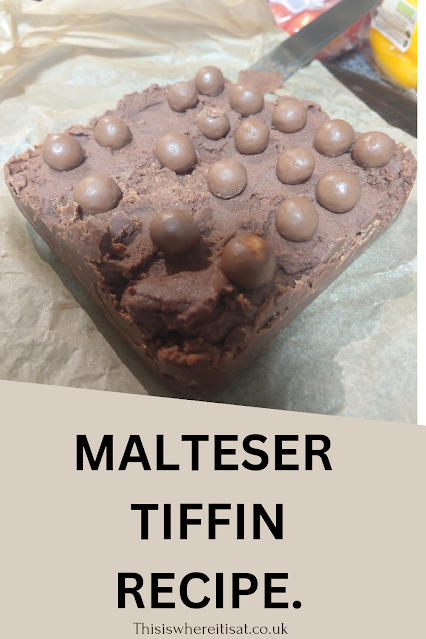Hey readers.
There are many excellent reasons to journal, not the least of which is that many journals available for purchase nowadays have attractive designs.
While keeping a notebook as an adult may seem silly and writing things down may seem old-fashioned, the advantages of journaling tend to grow with age and the complexity of your ideas.
You should occasionally sit down with a diary and collect your thoughts since, as an adult, it's simple to become lost in the hectic and complex environment we live in.
Everyone has different motivations for keeping a notebook, but you can find solace because it's a place where you can focus entirely on yourself without fear of criticism.
1. Keep thoughts organised.
Journaling enables us to clarify and organise our thoughts. You can jot down daily occurrences, ideas, and emotions related to specific encounters or viewpoints. Your journal entries can be archived and tagged in Journey.
2. Health benefits.
The benefits journaling can have on your health are some of the most significant and frequently disregarded benefits.
Journaling can help with anxiety relief and stress reduction, among other health advantages.
Finding techniques to reduce these sensations is essential since stress and anxiety can negatively affect mental and physical health.
Journaling has other positive effects on your health, such as enhancing your emotional intelligence, mood, and memory.
Therefore, grab a pen and diary and write everything down if you're feeling anxious or uncertain about anything in your life.
3. Writing practice.
Writing in a journal is a great writing exercise. Anyone who wants to become a writer must put in a lot of practice to master the craft.
One of the finest strategies to improve your writing is to keep a journal. Writing for a brief period each day will help you develop good sentence structure, word choice, grammatical usage, etc.
4. Changes.
Journaling records development and subtle changes. Human nature makes it easy to miss the subtle signs of growth when you're in the middle of something.
On those difficult days when it seems like everything is imploding, it's easy to lose sight of the progress you're making.
You can read about your past to understand how far you've come and gain the perspective that a terrible day isn't indicative of a bad life.
5. Encourages self-confidence.
In several ways, journaling can increase your self-confidence. If you keep a notebook to organise your thoughts and routine, you could discover that being organised lessens worry.
Your ability to effectively manage your time and constantly cross things off your to-do list might serve as positive reinforcement for yourself.
You can discover that being kind to yourself also enhances your general relationship with yourself if you use your notebook to practise good self-talk and fight negative thoughts actively.
What do you think about journaling? Is it something you do? I would love to hear your thoughts down below.
Cheers for reading X



























